Combating Inequality: Rethinking Government's Role
by Dani Rodrik & Olivier Blanchard (editors)
We’ve all become aware of the problem of inequality in recent years—with a few individuals now richer than entire countries. Where we’ve had less clarity is around what to do about it. Combating Inequality is a collection of essays by leading economists, edited by Olivier Blanchard (MIT) and Dani Rodrik (Harvard). It’s based on a conference on inequality held at the Peterson Institute for International Economics, a Washington DC-based think tank. Consider it the collective wisdom of dozens of top economists, several of them also former policymakers. In short, the book we’ve all been waiting for.
Other books by Dani Rodrik and Olivier Blanchard (editors)
Our most recommended books
-

The Big Short: Inside the Doomsday Machine
by Michael Lewis -

A Monetary History of the United States, 1867-1960
by Anna Schwartz & Milton Friedman -

The Wealth and Poverty of Nations
by David S Landes -

This Time Is Different
by Carmen Reinhart & Kenneth Rogoff -

The Worldly Philosophers
by Robert L Heilbroner -

The Passions and the Interests
by Albert Hirschman

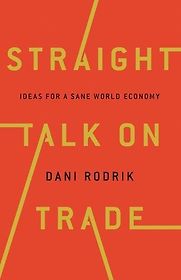
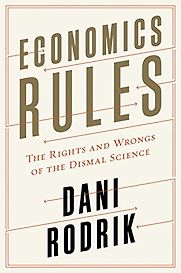
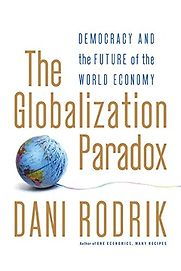
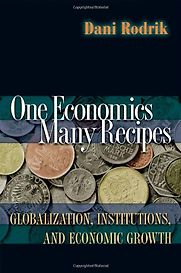
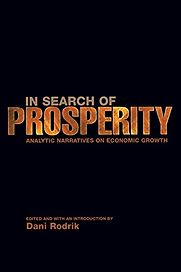
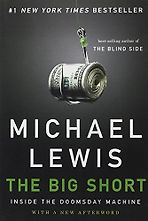

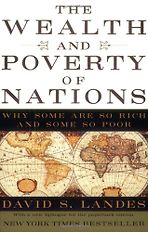
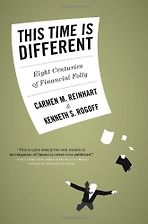
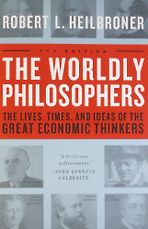

There seems to be a lot more consensus now that inequality is a problem and that something does need to be done about it. Combating Inequality, the book you co-edited with Olivier Blanchard, goes into this in great detail, but, broadly, could you outline what needs to be done? Is it mainly higher taxes and, if so, how high and on whom? Also, is there a big variation about what needs to be done across countries?
As you say, there is today a lot of consensus among economists that inequality is a big problem. Furthermore, economists are increasingly aware that inequality is not just a problem for social life or political institutions. It is also an economic problem, hampering the functioning of the economic system. This may sound obvious or trite, but it is not so long ago that economists used to dismiss the subject – or relegated it to the margins of the discipline.
There is considerably less consensus on what should be done. But remedies go well beyond higher taxes on the rich. I think it is fair to say that most economists believe the social insurance system in the U.S. can be improved, through better access to health insurance, early education, and family support. There is also considerable support for labor market training programs. A moderate increase in the minimum wage and a more progressive tax system would also receive widespread support among American economists, I think.
Beyond these, there are significant and ongoing debates. How much should we rely on tax-and-transfer programs, and how much on enhancing labor market opportunities? What is the role of anti-trust and competition policies? Is a wealth tax desirable, or feasible? Can regional and industrial policies help equalize economic opportunities around the nation? Can the direction of innovation be influenced through policy to stimulate new technologies that augment rather than replace labor? Can international trade policy play a useful role to promote equality?
I doubt that we can give the same answer to these questions for all countries. The U.S. has significant holes in its social safety nets, so it will have to do much more than, say, the Nordic countries, to have a proper welfare state.
At the same time, it is clear that the welfare state is inadequate in itself, if technology and globalization are leading to the disappearance of good jobs – what economists call ‘labor market polarization’. We may then need interventions targeting the productive and innovation systems directly to ensure an adequate supply of good jobs. Since labor market polarization is a common problem in advanced economies, some version of a ‘good-jobs’ program will be called for everywhere.
In the book, we provide a taxonomy of different policies targeting greater equality. We first distinguish among policies that operate before, during, and after production. Investments in early education are an example of pre-production policy, while tax-and-transfer schemes take place after production. Regional, industrial, innovation, and labor-market policies influence the production stage directly.
We further distinguish the type of inequality we care about. Do we want to reduce poverty, rebuild the middle class, or reduce top incomes? Each of these objectives requires a different remedy.
This yields a 3×3 matrix, with nine different cells. The contributions in the book cover the full gamut of these cells, showing that we have a very wide range of policy remedies at our disposal. Olivier Blanchard and I emphasize that we need to be clear about our objectives and make full use of the policy ideas that are already in our toolkit.
Economists have a penchant for ‘evidence-based policymaking’, which in its narrowest sense tells us we should adopt only policies for which there is good evidence. But if we stick only to those policies that have been tried and tested, we may fall far short of making a significant dent in reducing inequality. So we also call for some degree of policy experimentation.